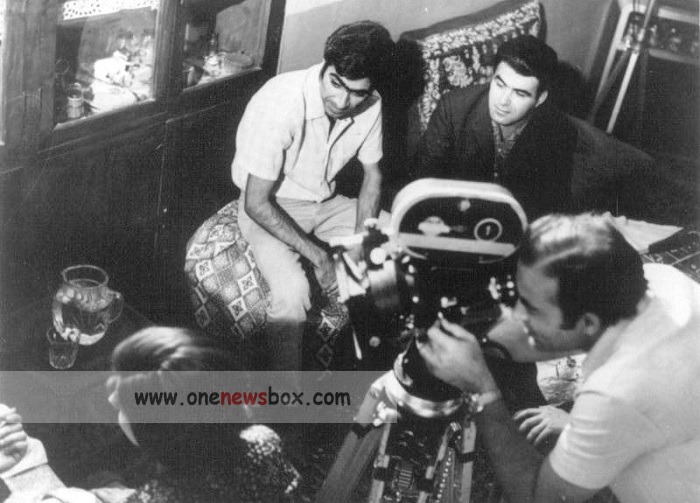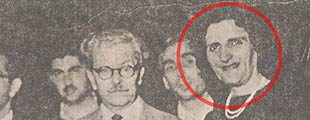His next film, Nafrin (1973), adapted from a story by Mika Waltari, further demonstrated his literary sensibilities. Despite its poor reception among the general public, Nafrin was appreciated by critics for its psychological depth and visual precision. Taghvaei himself regarded it as one of his favorite works, seeing in it an unfiltered expression of his cinematic philosophy: the struggle between destiny and free will, conveyed through image rather than dialogue.
In July 1973, Taghvaei joined a group of prominent filmmakers — including Ezzatollah Entezami, Dariush Mehrjui, Ali Hatami, and Bahram Beizai — in resigning from the Iranian Film Artists Syndicate. This act of protest against censorship and bureaucratic interference led to the formation of a collective of progressive filmmakers, which sought to protect artistic freedom and professional rights in Iranian cinema.
Television Triumph: Daei Jan Napoleon (1976)
In 1976, Taghvaei directed Daei Jan Napoleon (Uncle Napoleon), a television adaptation of Iraj Pezeshzad’s satirical novel. The series became an instant cultural phenomenon, celebrated for its sharp humor, emotional warmth, and political subtext. It portrayed the absurdities of paranoia, imperialism, and family politics through the lens of a multi-generational household in Tehran.
The character Uncle Napoleon, played by Gholamhossein Naghshineh, became a national archetype — representing a certain Iranian tendency to interpret personal events through conspiratorial thinking.

